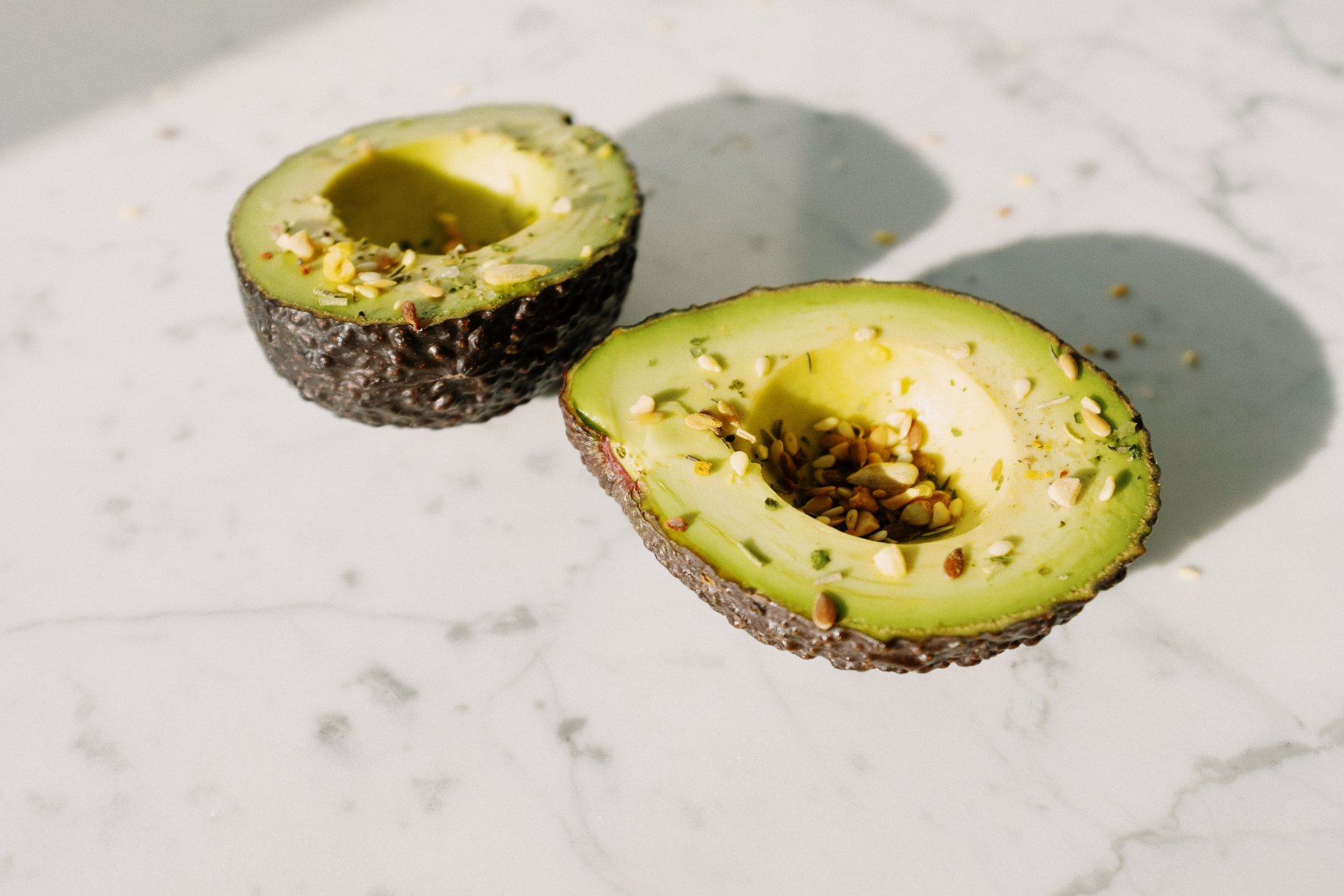Weight Loss Myths Exposed: Separating Facts from Fiction for Lasting Results
Introduction
As someone who has struggled with weight loss, we know firsthand how frustrating it can be to try and fail to shed pounds. Yet, everywhere you turn, new diets and trends are claiming to be the solution to all your weight loss problems. But as tempting as it may be to jump on the latest bandwagon, it's important to remember that not all advice is created equal. Many of the most popular myths about weight loss are just that: myths. Here, we will examine some of the most common weight loss myths and explore the truth behind them.
The prevalence of weight loss myths
Before diving into specific myths, it's worth taking a moment to acknowledge just how pervasive misinformation about weight loss can be. From celebrity endorsements to social media influencers, everyone has a different opinion on what will work best. And while some of this advice may be well-intentioned, much of it is based more on anecdotes and personal experience than actual scientific evidence.
Myth #1: Carbs are bad for you and should be avoided
One of the most persistent weight loss myths is that carbohydrates are the enemy. This myth is based on the idea that consuming carbohydrates leads to spikes in insulin, which contributes to weight gain. But carbohydrates are an essential part of a healthy diet, and entirely cutting them out can be detrimental to weight loss efforts.
When we consume carbohydrates, our bodies break them down further into glucose, which provides energy for our cells. Without enough carbohydrates, our bodies may turn to breaking down muscle tissue for energy instead, which can slow down metabolism and make it harder to lose weight. Additionally, many high-carbohydrate foods, like fruits and vegetables, are rich in fiber, which can help us feel full and satisfied, making us less likely to overeat.
Myth #2: Skipping meals helps you lose weight
Another popular myth about weight loss is that skipping meals is an effective way to shed pounds. The idea behind this myth is that reducing overall calorie intake will force the body to burn fat for energy. However, this approach can backfire in several ways.
First, skipping meals can slow down metabolism, making it harder to burn calories effectively. Additionally, when we skip meals, we may be more likely to overeat later on in the day, leading to an overall increase in calorie intake. Finally, skipping meals can leave us feeling irritable, tired, and unfocused, making it harder to stick to healthy habits in the long run.
Myth #3: All calories are created equal
While it's true that weight loss ultimately comes down to creating a calorie deficit, not all calories are created equal. For example, 100 calories of broccoli will have a very different effect on the body than 100 calories of candy. In addition, foods high in protein and fiber tend to be more satisfying and can help us feel full for longer. In contrast, foods high in sugar and refined carbohydrates can lead to highs and lows in blood sugar, making us more likely to crave unhealthy foods.
Myth #4: Fat-free or low-fat products are always a healthier option
For many years, fat was demonized as the primary cause of weight gain and other health problems. As a result, many food manufacturers began producing fat-free or low-fat versions of popular products. However, in many cases, these products replace fat with sugar or other additives, which can be worse for our health in the long run.
Additionally, not all types of fat are created equal. While saturated and trans fats should be avoided or consumed in moderation, unsaturated fats can be beneficial for heart health and weight loss. Foods like avocado, nuts, and olive oil are excellent sources of healthy fats that can help us feel full and satisfied without contributing to weight gain.
Myth #5: You have to exercise for hours to see results
While regular exercise is an integral part of a healthy lifestyle, it's not necessary to spend hours in the gym every day to see results. Studies have shown that short, intense workouts can be just as effective as longer, more moderate workouts.
Additionally, there are many other ways to incorporate physical activity into our daily routines, going for a walk during lunch breaks, such as taking the stairs rather than the elevator or doing a quick yoga sequence before bed. The key is to find activities that you enjoy and can stick to consistently over some time.
Myth #6: Supplements are necessary for weight loss
Another common myth about weight loss is that supplements are necessary to achieve results. While some supplements may have a negligible effect on metabolism or appetite, they are not a magic solution to weight loss. Additionally, many supplements can be expensive and may have side effects or interact with other medications.
Instead of relying on supplements, focus on making sustainable lifestyle changes, such as eating a healthy diet and getting regular exercise. These habits may take longer to show results, but they are much more likely to lead to long-term success.
Myth #7: Crash diets are effective for long-term weight loss
Finally, many believe that crash diets or extreme calorie restrictions are the most effective way to lose weight quickly. While it's true that these methods can lead to accelerated weight loss in the short term, they are not sustainable or healthy for you in the long run.
Crash dieting can slow down metabolism and make it harder to lose weight over time. Additionally, the extreme calorie restriction can lead to nutrient deficiencies and other health problems, such as fatigue, dizziness, and even hair loss.
How to approach and debunk nutrition myths
So, with all these myths floating around, how can we separate fact from fiction when it comes to weight loss? Here are a few tips to help you approach and debunk nutrition myths:
Look for scientific evidence:
Before adopting any new diet or weight loss trend, please research and look for scientific studies or expert opinions to back up its claims.
Consider the source:
Be wary of advice from sources that are not qualified, such as social media influencers or celebrities with no background in nutrition or health.
Listen to your body:
Ultimately, the best way to determine what works for your body is to pay attention to how you feel. If a particular diet or exercise routine makes you feel tired, irritable, or unwell, there may be better approaches for you.
Tips to separate fact from fiction when it comes to weight loss
Focus on whole, nutrient-dense foods:
Rather than trying to cut out entire food groups or follow strict rules, focus on eating a variety of whole, nutrient-dense foods that make you feel satisfied and nourished.
Find a sustainable exercise routine:
Instead of forcing yourself to spend hours in the gym every day, find activities that you enjoy and can easily incorporate into your daily routines, such as walking, biking, or dancing.
Prioritize sleep and stress management:
Adequate sleep and stress management are both critical for overall health and can significantly impact weight loss. Make sure to prioritize these aspects of your life in addition to diet and exercise.
Conclusion
While weight loss can be challenging and often frustrating, it's important to remember that not all advice is created equal. However, by separating fact from fiction and focusing on sustainable, healthy habits, you can achieve your weight loss goals in a way that feels good for your body and overall well-being. So, don't believe everything you hear about weight loss – do your research, listen to your body, and find an approach that works for you.




